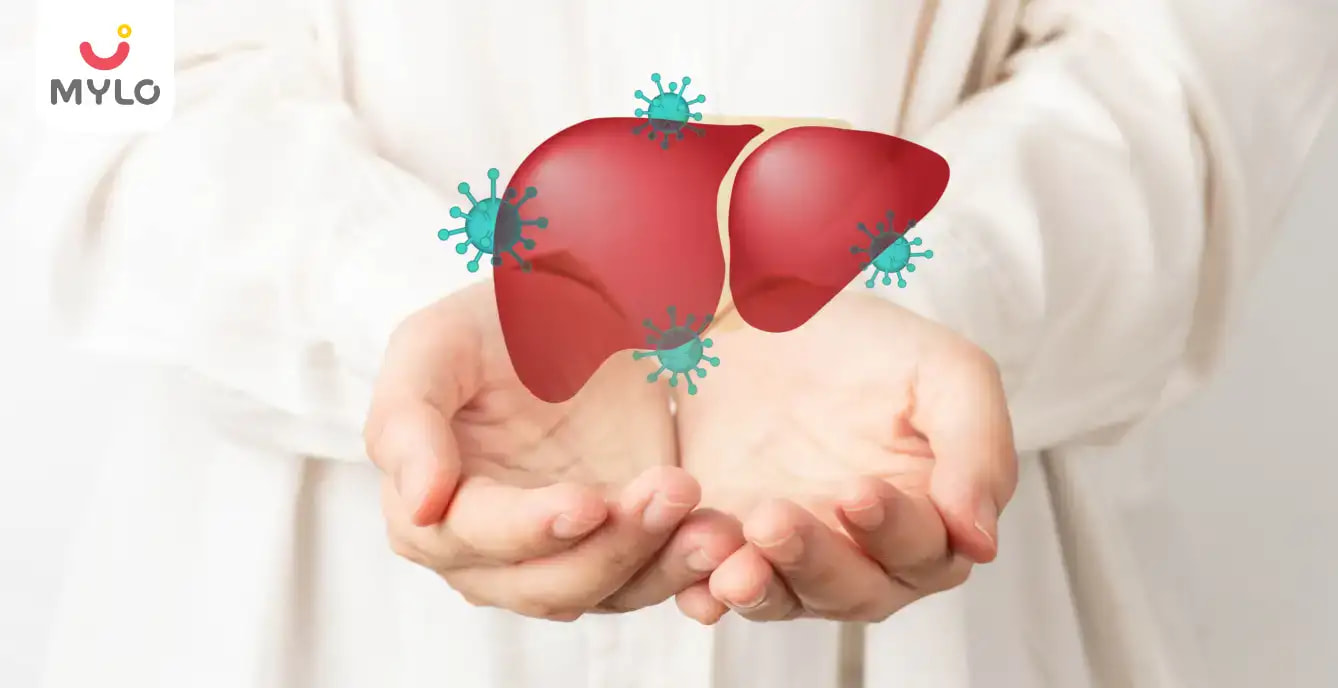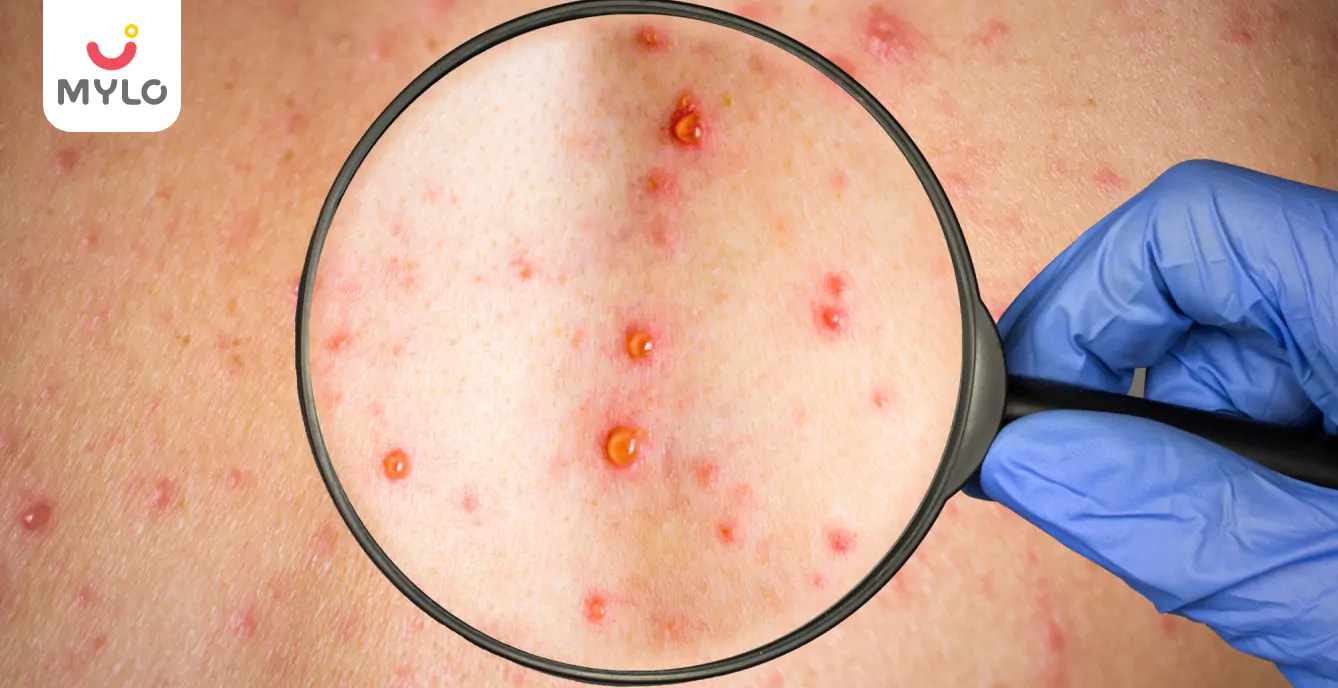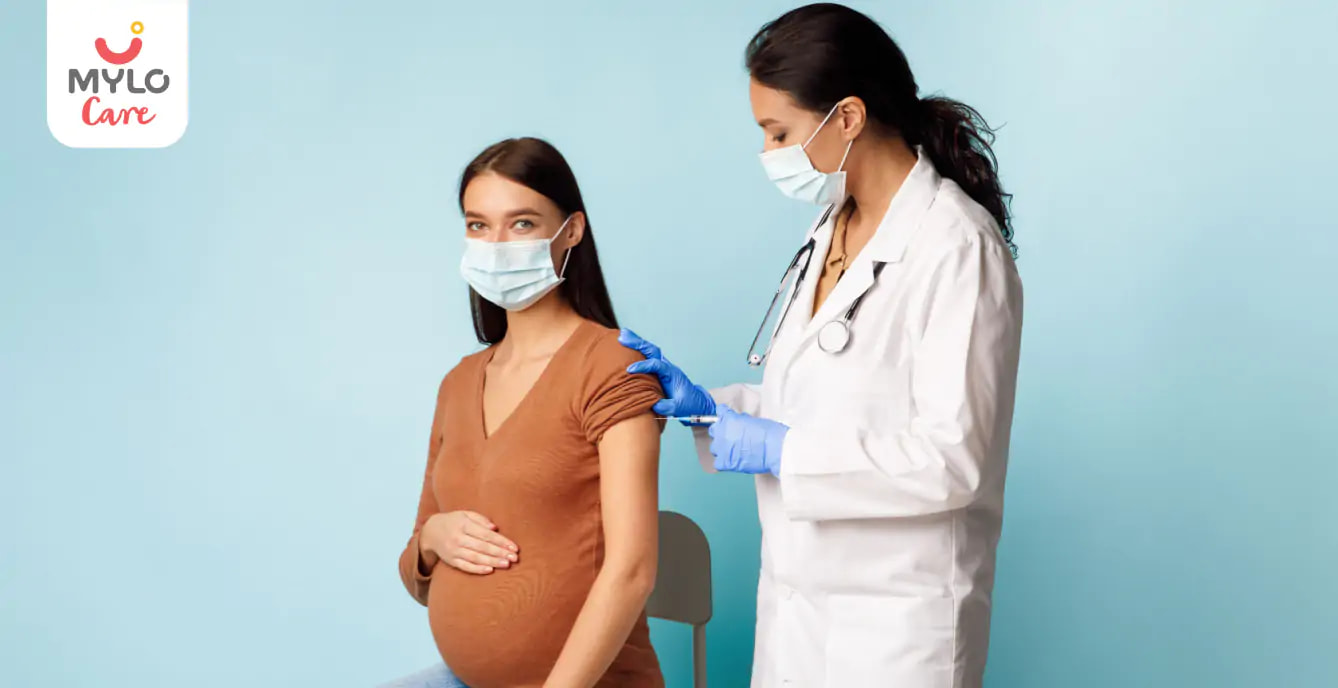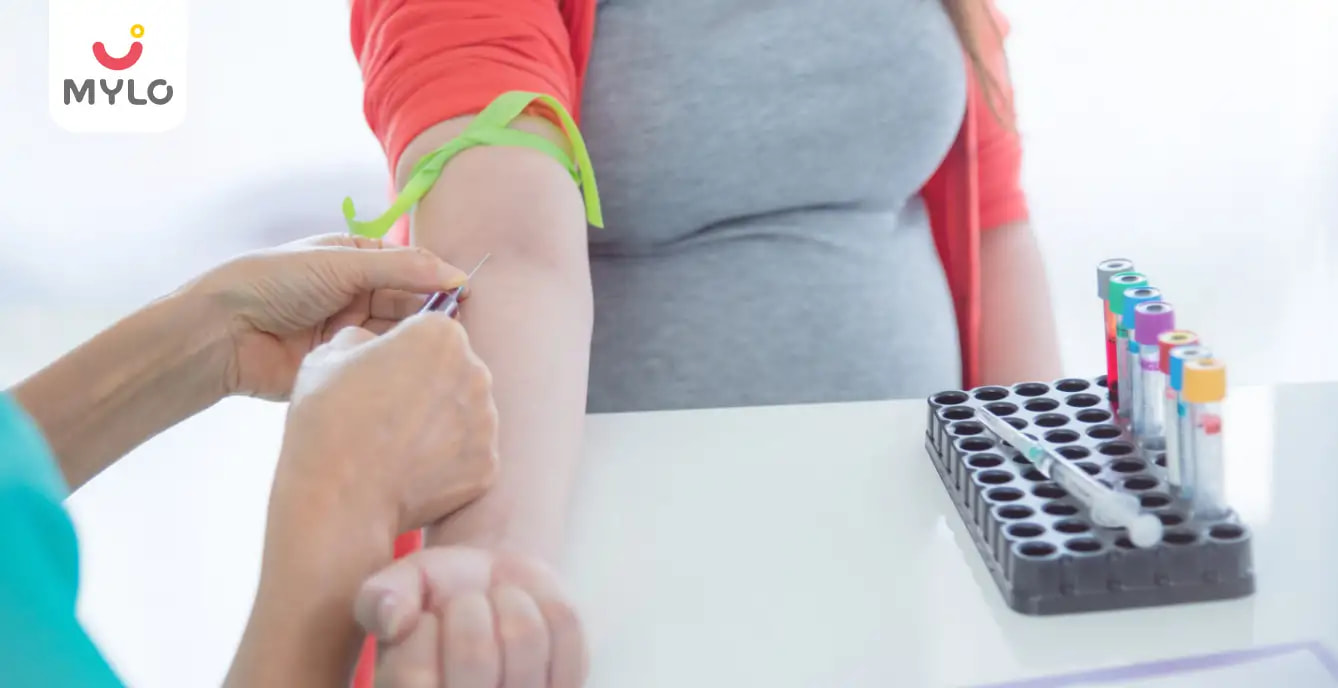Home

Illnesses & Infections

All That You Need to Know About Monkeypox: Symptoms, Prevention, Transmission & Treatment
In this Article
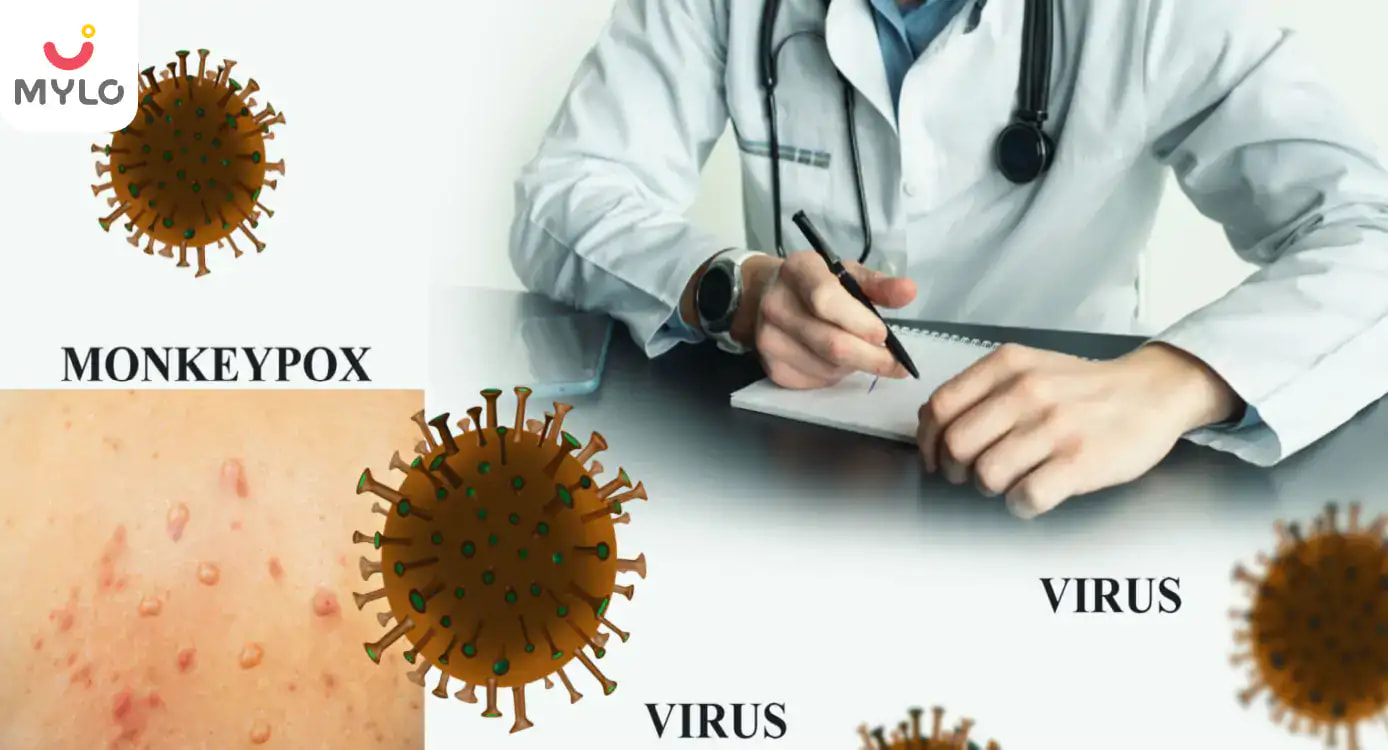
Illnesses & Infections
All That You Need to Know About Monkeypox: Symptoms, Prevention, Transmission & Treatment
Updated on 3 November 2022
What is Monkeypox?
It is a rare disease that is caused by an Orthopoxvirus which also causes cowpox and smallpox. It is a less severe disease and the first human case was detected in the year 1970. Although this virus was first detected in monkeys in the year 1958 in a Danish laboratory where a lot of monkeys, rats, and squirrels were kept for some research. The World Health Organization has warned everyone about this unusual spread of the virus as monkeypox cases are growing in numbers in various parts of the globe.
It primarily occurred in tropical rainforest areas of Central and West Africa. Recently, it has been reported in people of various countries like Nigeria, Cameroon, the Republic of the Congo, Sierra Leone, Central African Republic, Israel, Singapore, United Kingdom, United States of America, Cote d'Ivoire, Gabon, and many more. Nearly 100 confirmed cases globally have already been reported to WHO (The World Health Organization). These cases are linked to either international traveling or importing of animals.
Monkeypox Symptoms
The symptoms of this disease are similar to or milder than the symptoms of smallpox which include:
- Fever
- Body rash
- Exhaustion
- Headache
- Lesions
- Scabies
- Chills
- Muscle ache
The only difference between smallpox and monkeypox is that when a person is suffering from monkeypox then h/she suffers from swollen lymph nodes (lymphadenopathy) along with other medical complications. The symptoms can last up to 2-4 weeks.
Monkeypox Treatment
Till now there has been no specific treatment approved for this ailment. Clinicians can only consider giving antiviral medications to people who are suffering from this disease or are at high risk of developing this contagion.
How does Monkeypox Spread?
It is easily transmitted by touching or having close contact between an animal and a human. The risk of transmission increases through a scratch, a bite, a rash, or sharing contaminated bedding and clothing with ooze-pus lesions, and respiratory droplets of already infected people/animals.
Monkeypox Transmission in Kids
People living near forested areas are more prone to this contagious disease because they have direct or indirect contact with the animals. Eating inadequately cooked meat of already infected animals or using products made from the skin of already infected animals can also be possible factors of having this disease. Transmission can also occur when a healthcare worker is taking care of a patient suffering from this disease. If a woman is pregnant then it can also be transmitted from the mother to the fetus via the placenta. It is still unclear at this point whether this disease is transmitted through sexual relations or not.
Monkeypox Vaccine
According to experts, the vaccination of smallpox is approximately 85% effective in preventing monkeypox. Through several observational studies, it has been found that Cidofovir, VIG (Vaccina Immune Globulin), and ST-246 can also be used to control an outbreak of this disease.
Monkeypox Prevention
The Ministry of Health and ICMR (Indian Council of Medical Research) is developing the guidelines for community awareness. Identification of sick people who returned from Monkeypox affected countries are put into strong surveillance and isolation is recommended. This disease is not dangerous at this point, however, the threat of mutation of the virus has paralyzed the world with fright. Some countries are developing policies to offer the vaccine to people who may be at high risk of getting this contagious disease be it health care workers, laboratory personnel, or rapid response teams.
References
- CDC. (2022). Monkeypox. www.cdc.gov
- Moore MJ, Rathish B, Zahra F. (2022). Monkeypox. NCBI
- NEJM. (2022). Monkeypox Virus Infection in Humans across 16 Countries. nejm.org



Written by
Priyanka Verma
Priyanka is an experienced editor & content writer with great attention to detail. Mother to an 11-year-old, she's a ski
Read MoreGet baby's diet chart, and growth tips

Related Articles
Related Questions
Hello frnds..still no pain...doctor said head fix nhi hua hai..bt vagina me pain hai aur back pain bhi... anyone having same issues??

Kon kon c chije aisi hai jo pregnancy mei gas acidity jalan karti hain... Koi btayega plz bcz mujhe aksar khane ke baad hi samagh aata hai ki is chij se gas acidity jalan ho gyi hai. Please share your knowledge

I am 13 week pregnancy. Anyone having Storione-xt tablet. It better to have morning or night ???

Hlo to be moms....i hv a query...in my 9.5 wk i feel body joint pain like in ankle, knee, wrist, shoulder, toes....pain intensity is high...i cnt sleep....what should i do pls help....cn i cosult my doc.

Influenza and boostrix injection kisiko laga hai kya 8 month pregnancy me and q lagta hai ye plz reply me

Related Topics
RECENTLY PUBLISHED ARTICLES
our most recent articles
Scans & Tests
Are you a first-time mother? Here's everything you need to know about ultrasounds during pregnancy
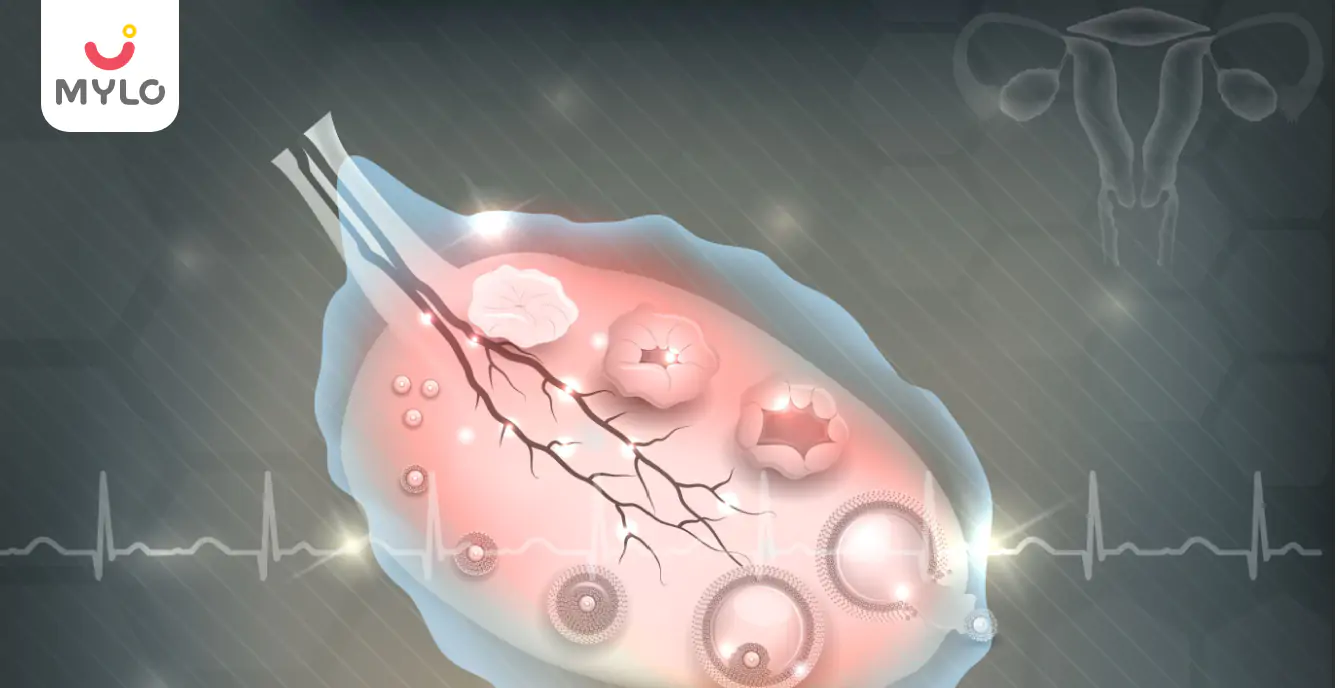
Conception
Ovulation disorders and their medications
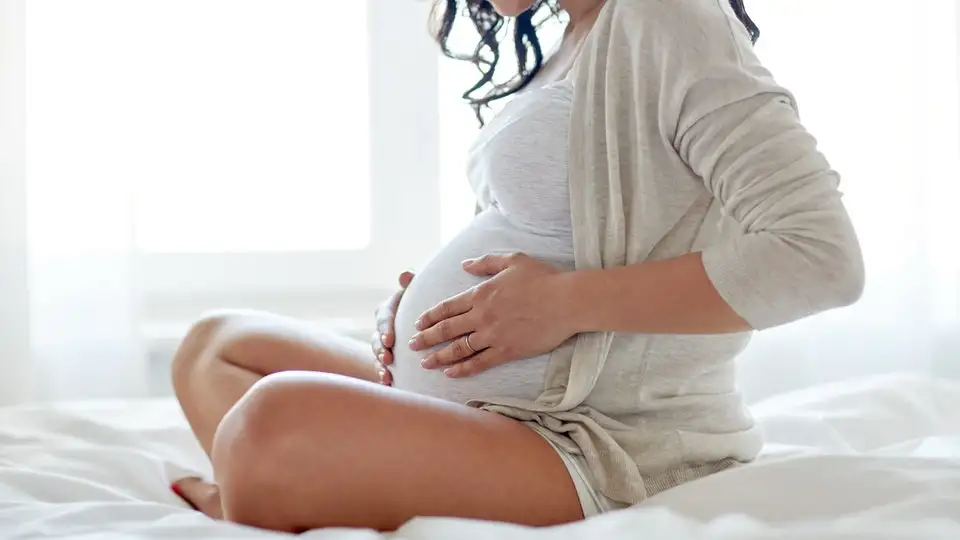
Third Trimester
Here's a complete guide on lightening or baby dropping.

Water Break
Are you aware of these top 10 signs and symptoms of Labor?

General Preschoolers
Top 10 Maths Puzzles for Kids to Keep Them Busy

General Toddler
Top 10 Most Searched Proverbs For Kids
- Top 10 Most Popular Birthday Games for Kids
- Parenting Tips
- 6-Month-Old Baby's Food Chart: Quantity and Routine
- What are the Implications of Non Stress Test for Your Baby?
- Screening for Down Syndrome in Babies
- What Are the Causes and Different Stages of Prolonged Labor (Delayed Birth)?
- Top 10 Action Series on Netflix
- 15 Best Underrated Movies on Netflix
- Top 10 Most Trending Movies on Netflix
- 10 Best Crime Series on Netflix
- 10 Most Popular Series on Netflix
- 5 Most Popular International Movies on Netflix
- Top 10 Movies On Hotstar Premium
- The Top 10 Action Series Available on Hotstar


AWARDS AND RECOGNITION

Mylo wins Forbes D2C Disruptor award

Mylo wins The Economic Times Promising Brands 2022
AS SEEN IN

- Mylo Care: Effective and science-backed personal care and wellness solutions for a joyful you.
- Mylo Baby: Science-backed, gentle and effective personal care & hygiene range for your little one.
- Mylo Community: Trusted and empathetic community of 10mn+ parents and experts.
Product Categories
Baby Carrier | Baby Soap | Baby Wipes | Stretch Marks Cream | Baby Cream | Baby Shampoo | Baby Massage Oil | Baby Hair Oil | Stretch Marks Oil | Baby Body Wash | Baby Powder | Baby Lotion | Diaper Rash Cream | Newborn Diapers | Teether | Baby Kajal | Baby Diapers Pants | Cloth Diapers | Laundry Detergent | Lactation Granules |



